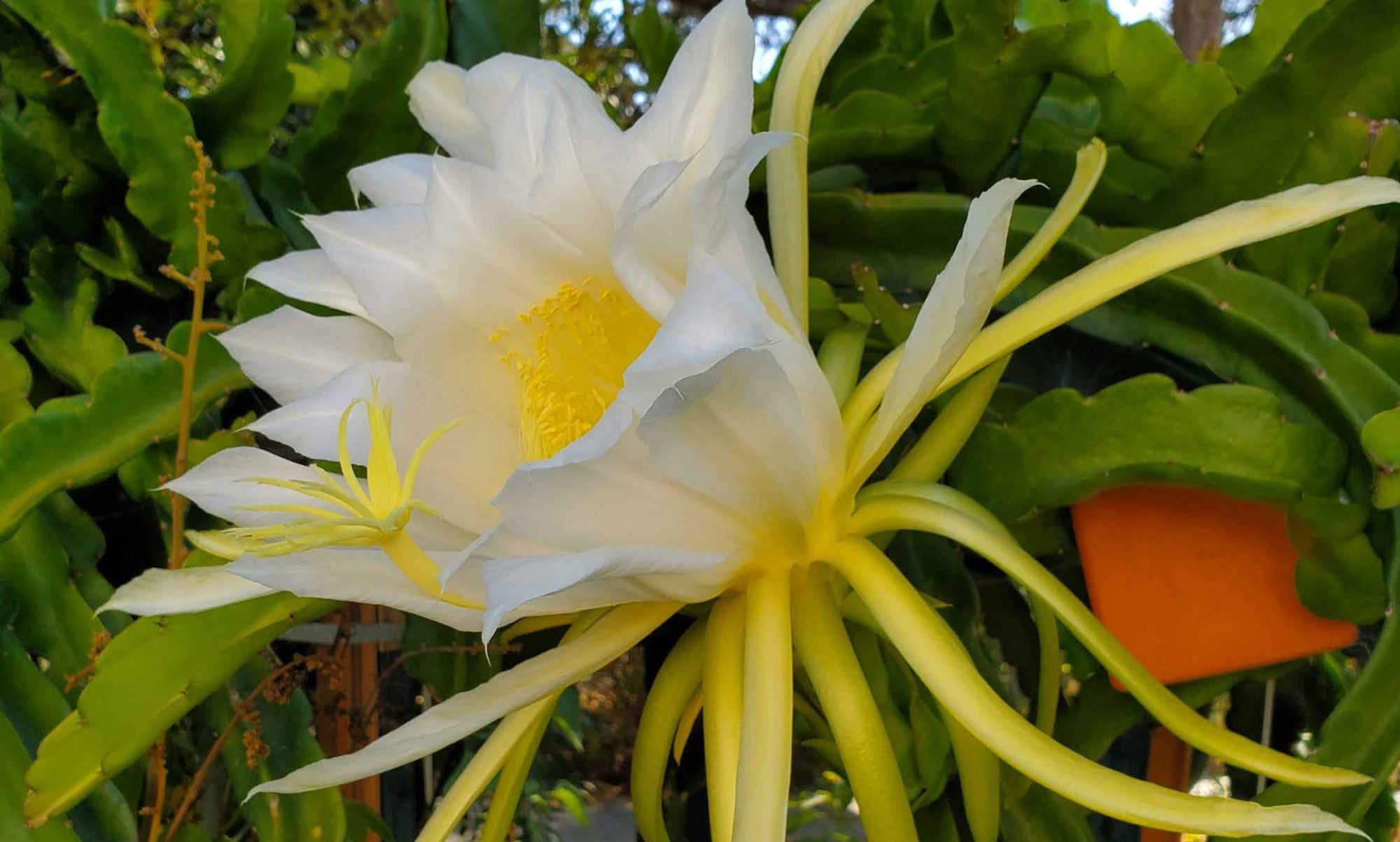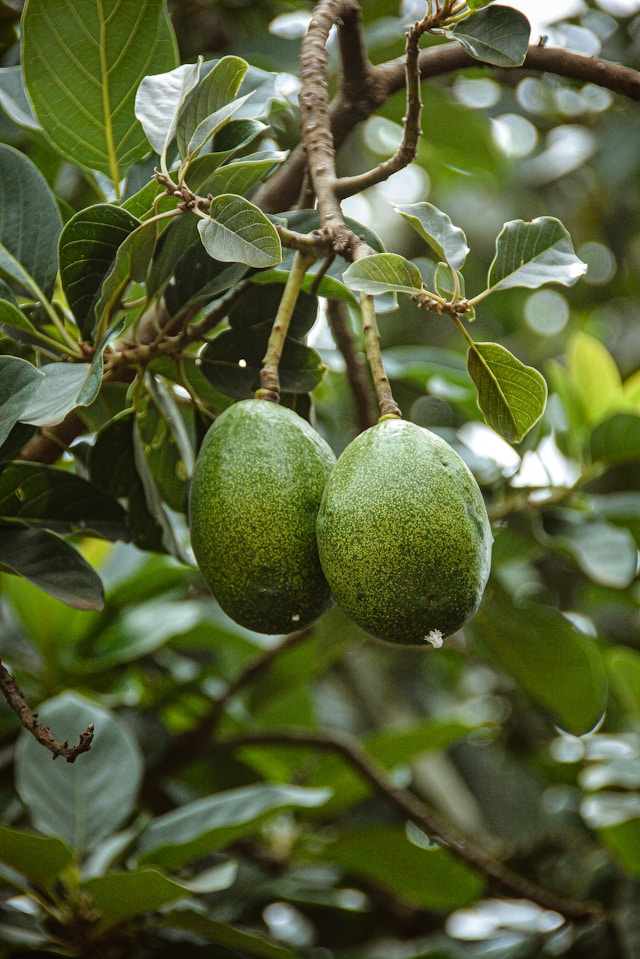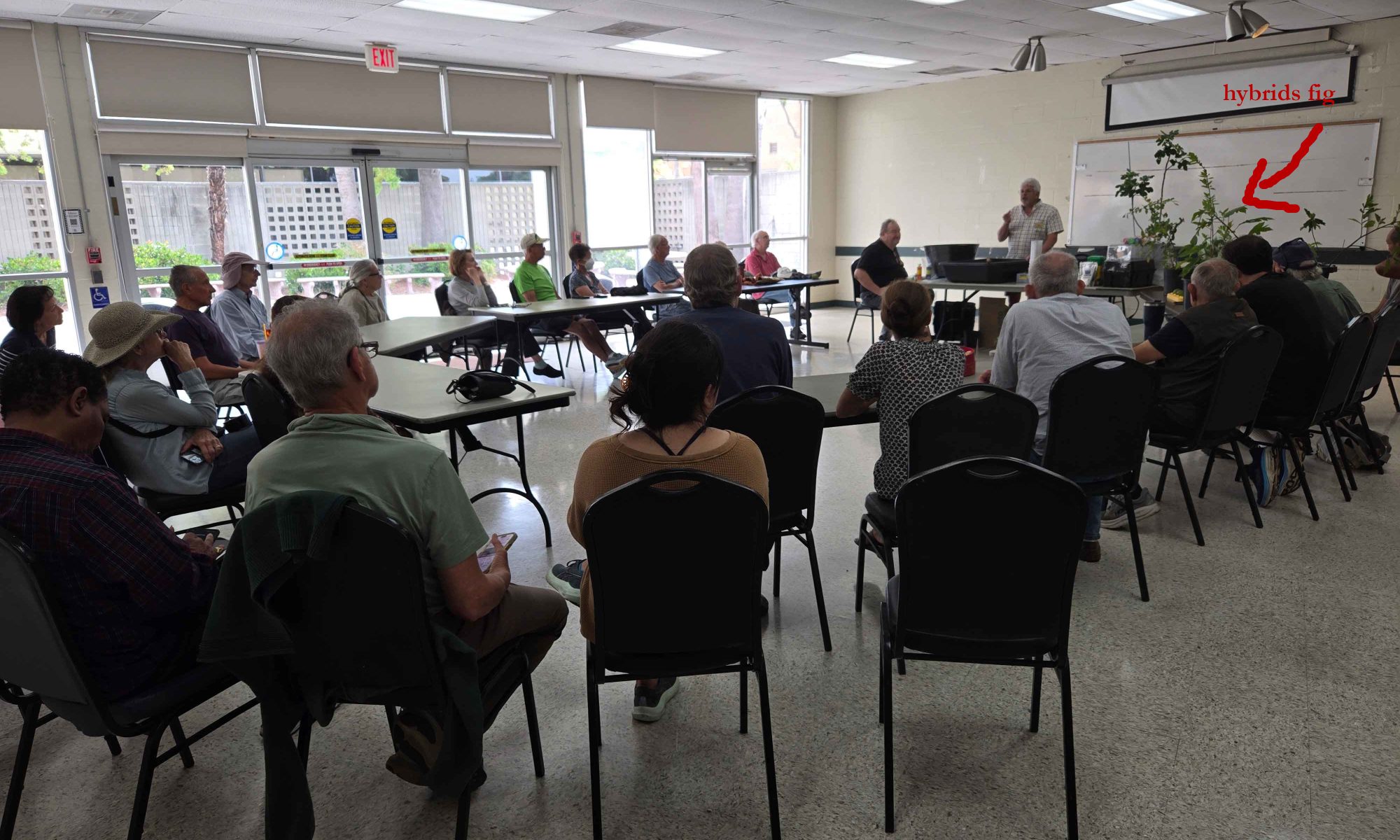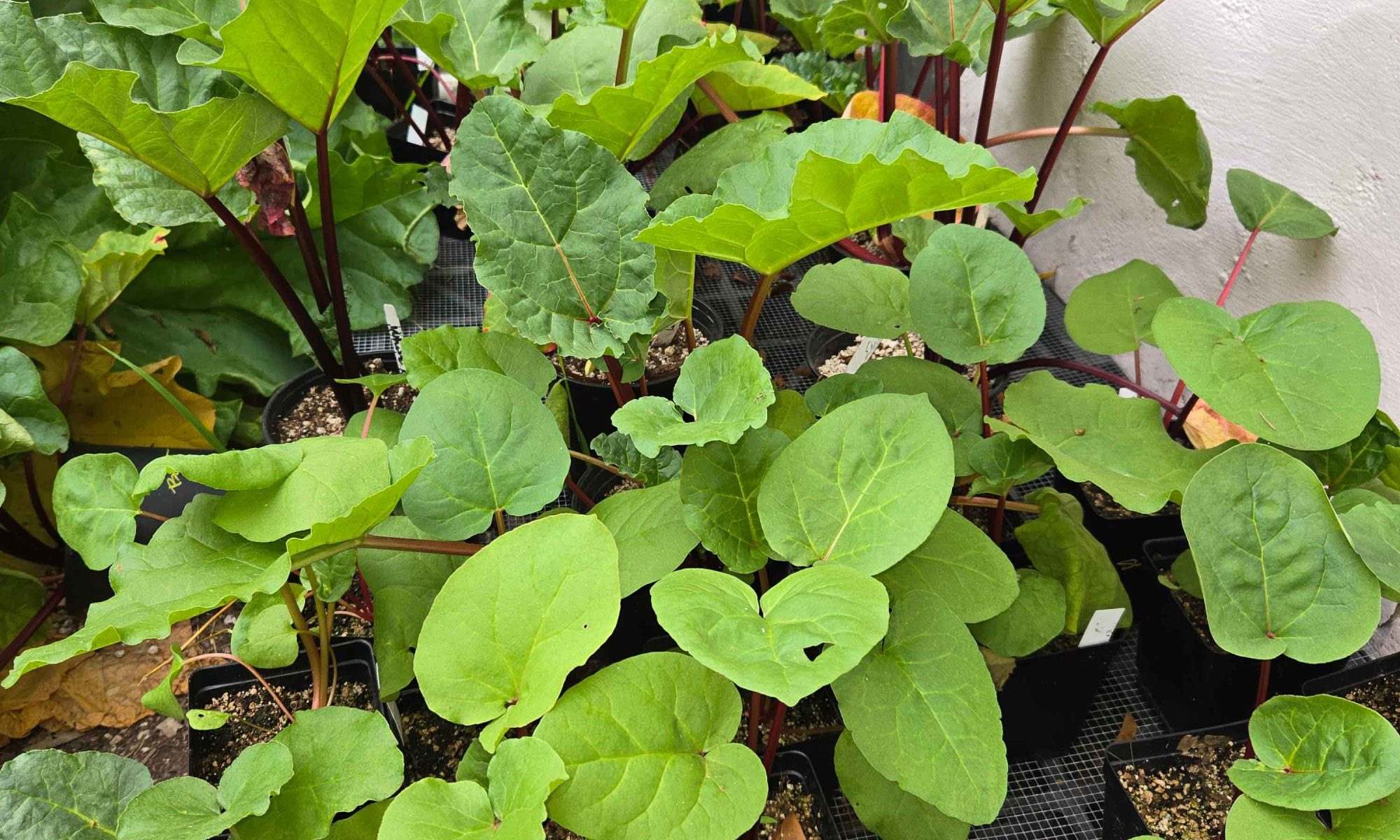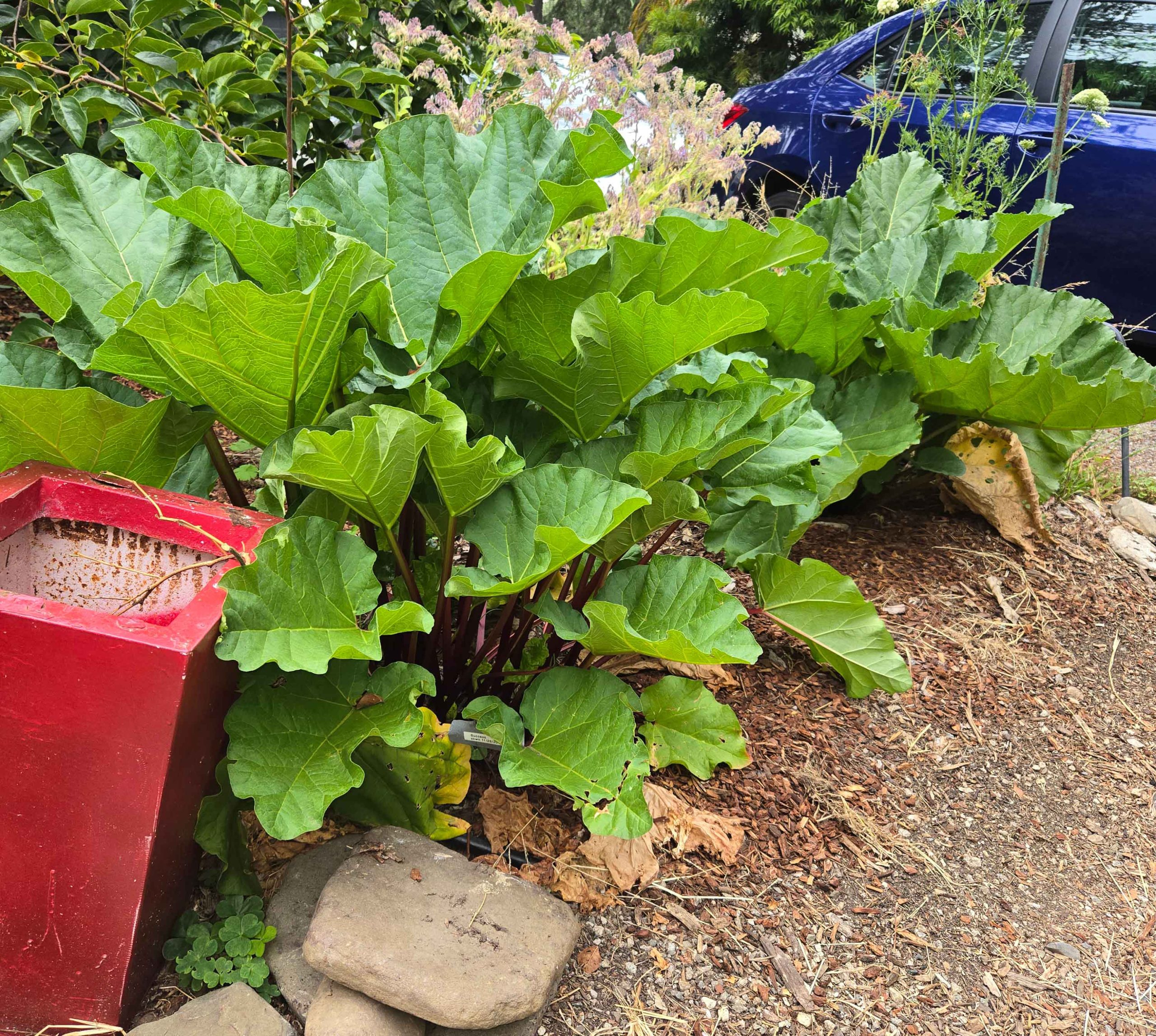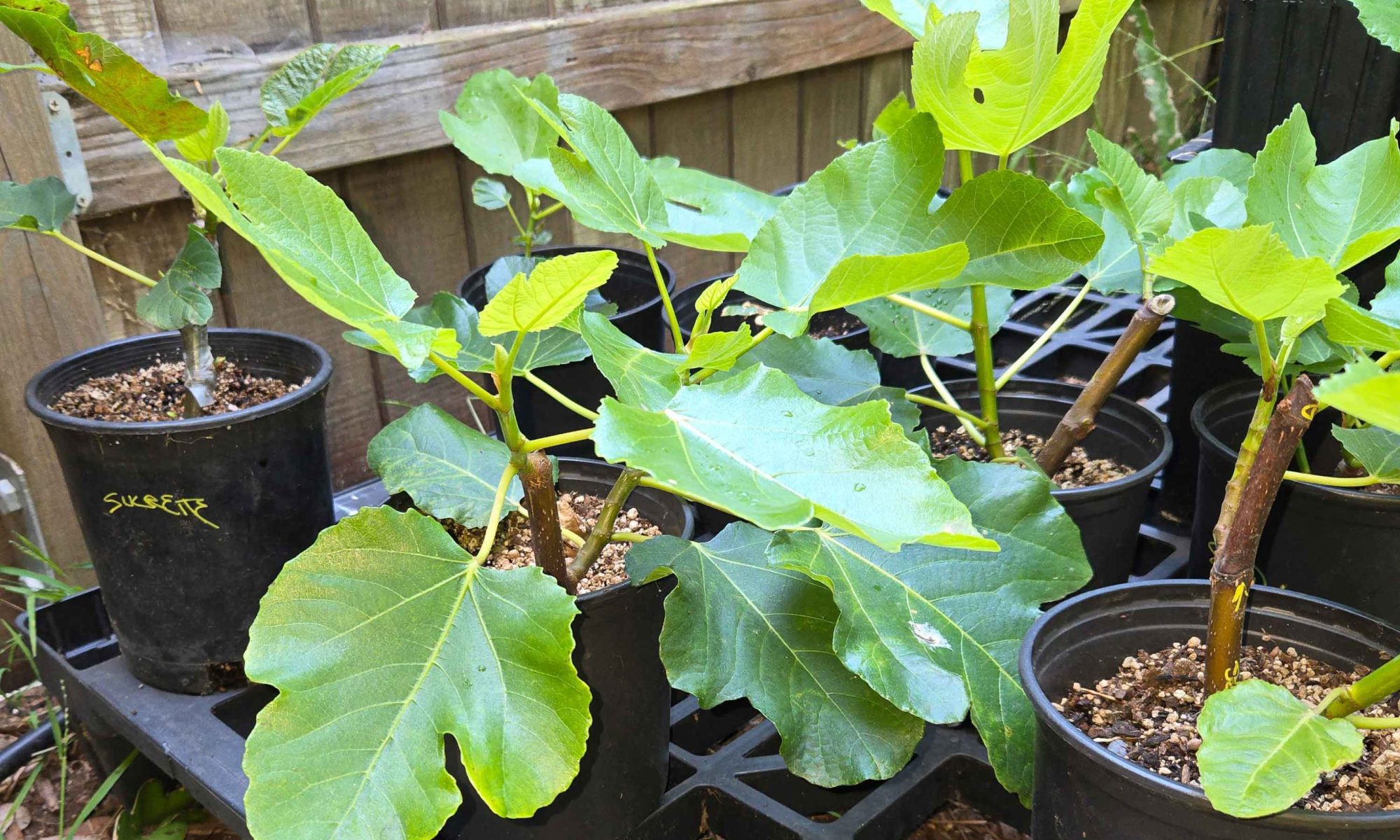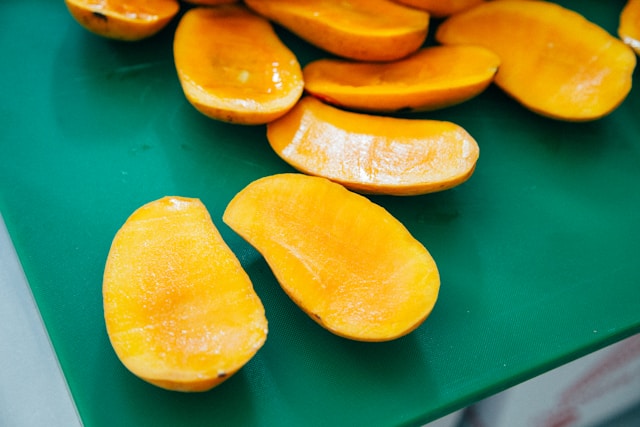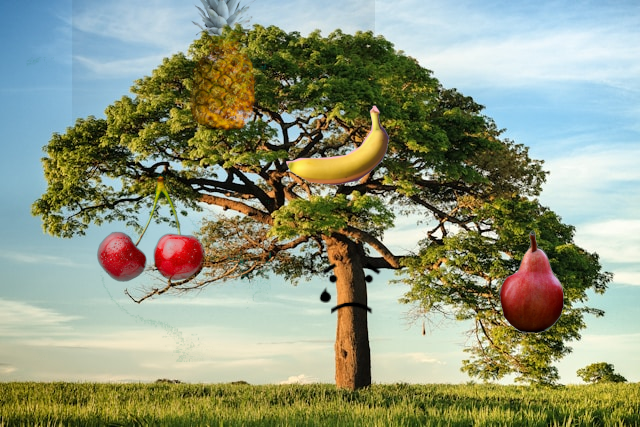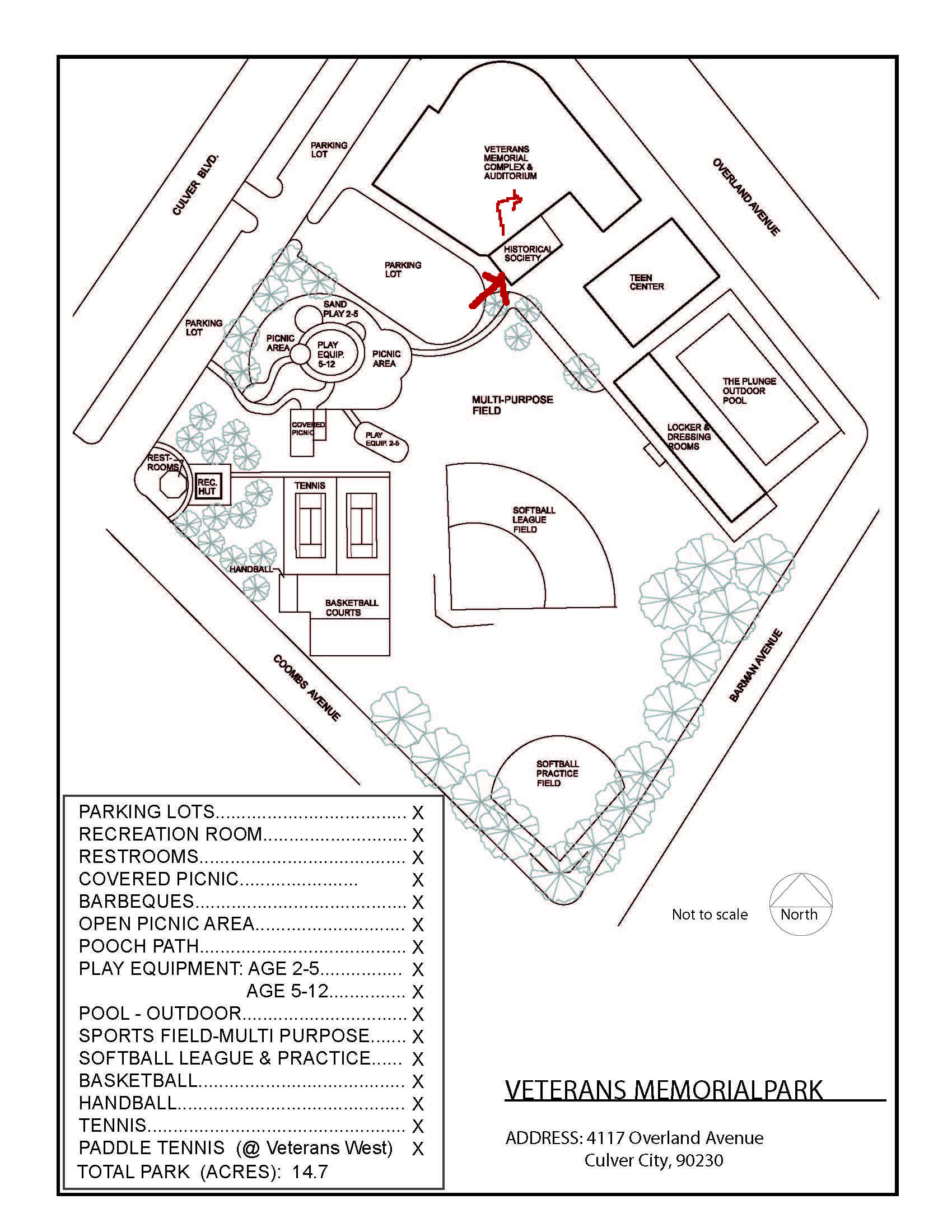You loved him when he spoke to us on mangoes last March, so JJ has agreed to come back and speak to us on his first love, the Alligator Pear or persea americana. Just about the only commercially grown fruit that originated in this hemisphere (well, okay, along with its pal, the tomato) it was first domesticated in Mesoamerica more than 5,000 years ago but has never stopped evolving, often at the hands of amateurs like us. Informed by ancient techniques of agriculture passed on to him by his father and grandfather , JJ will speak on the history and future of avocados, as well as the best varieties, how to grow them, propagate them and (if we’re lucky!) eat them. To recap his bio: “I am a military veteran and third generation farmer who has been grafting for over 10 years with a 75 percent success rate (ed: I suspect he is being modest). I grow many fruit trees as a backyard grower… from Annona to Lilly Pilly’s, Mangoes and Hog Plums.”
See you there! (in the MultiPurpose Room). Note the folks picking up rhubarb plants: our meetings are free and open to the public so you are welcome to stay and enjoy JJ’s lecture.
Photo by Jonathan Kabugo on Unsplash
